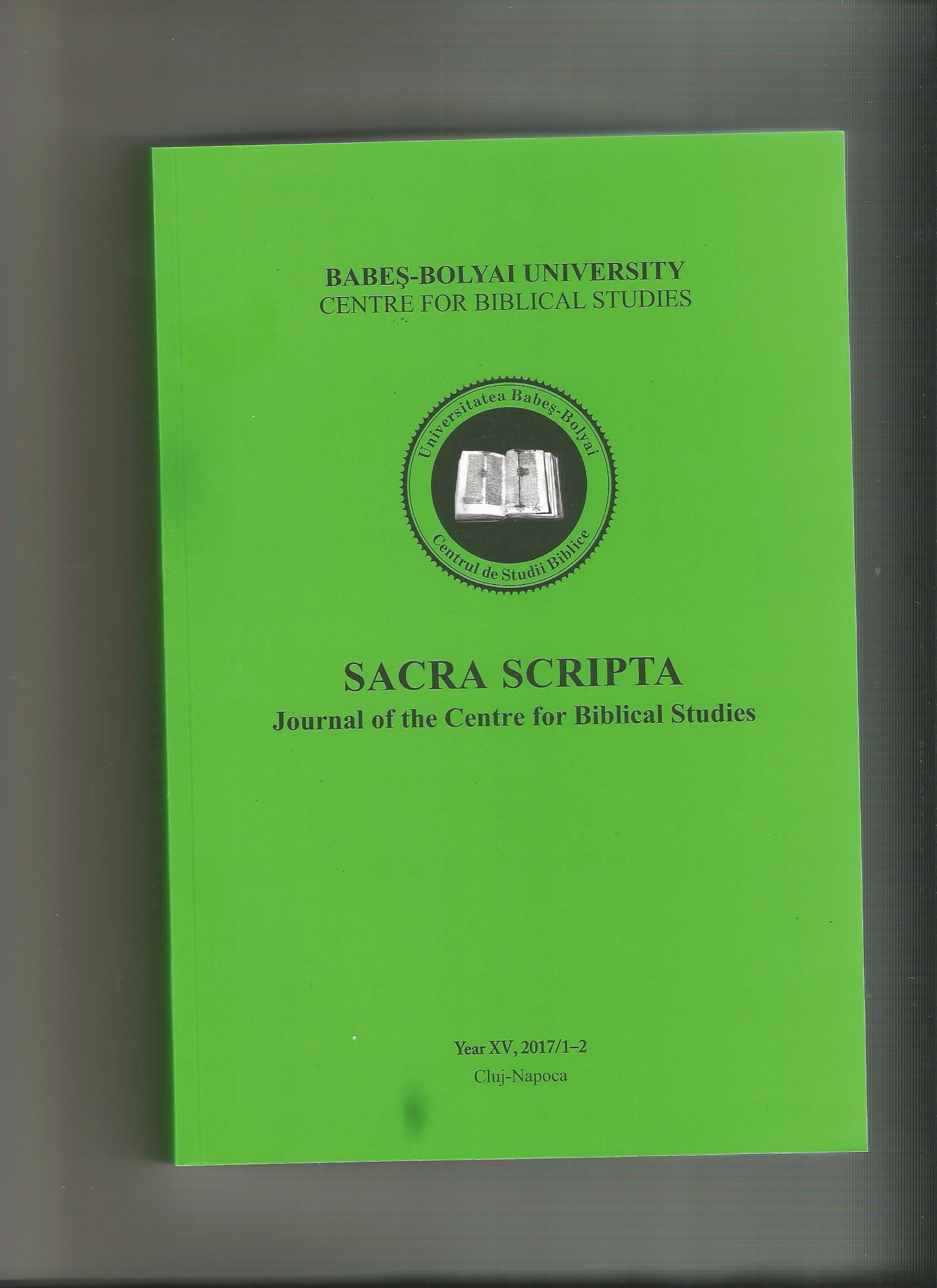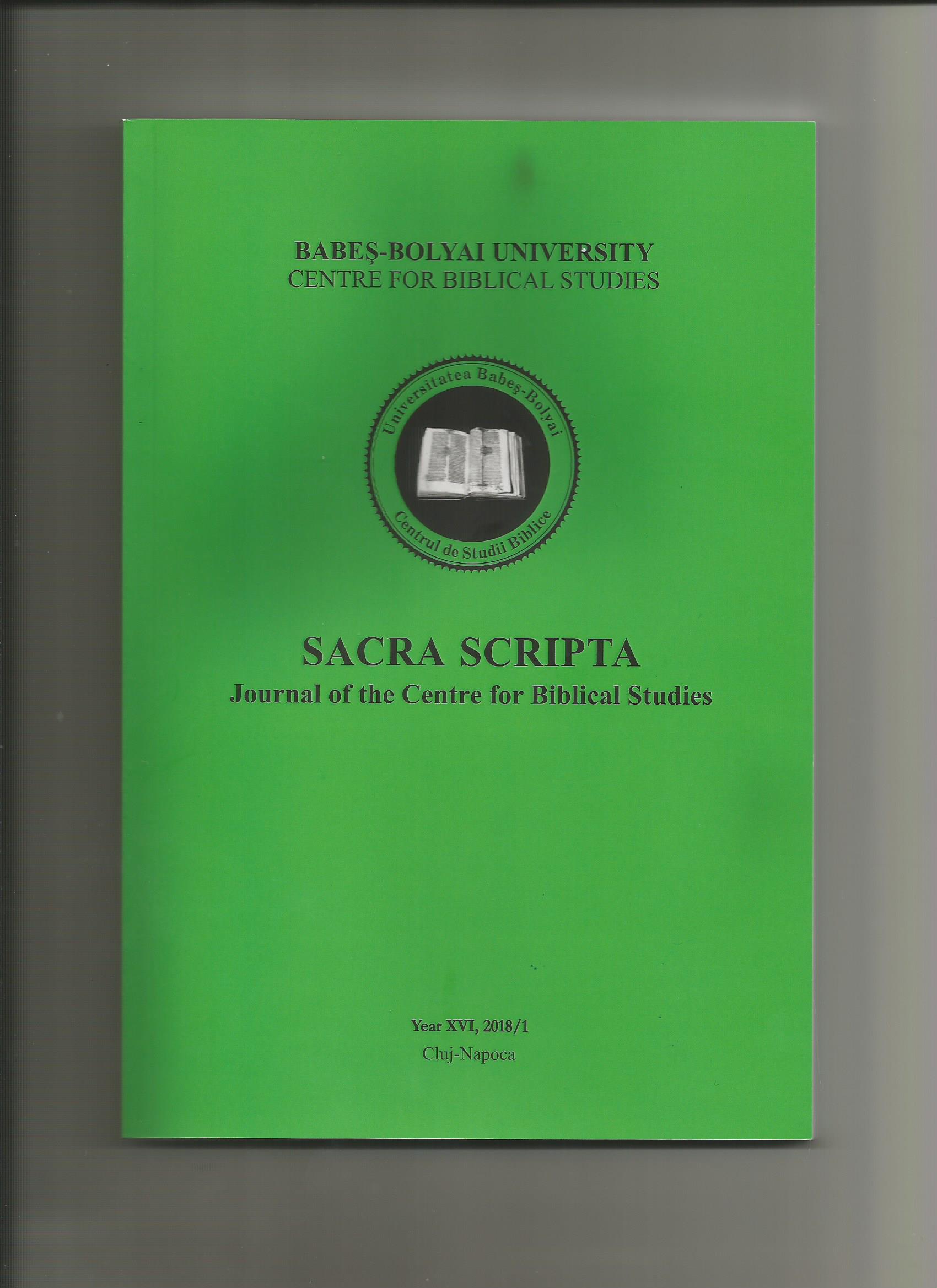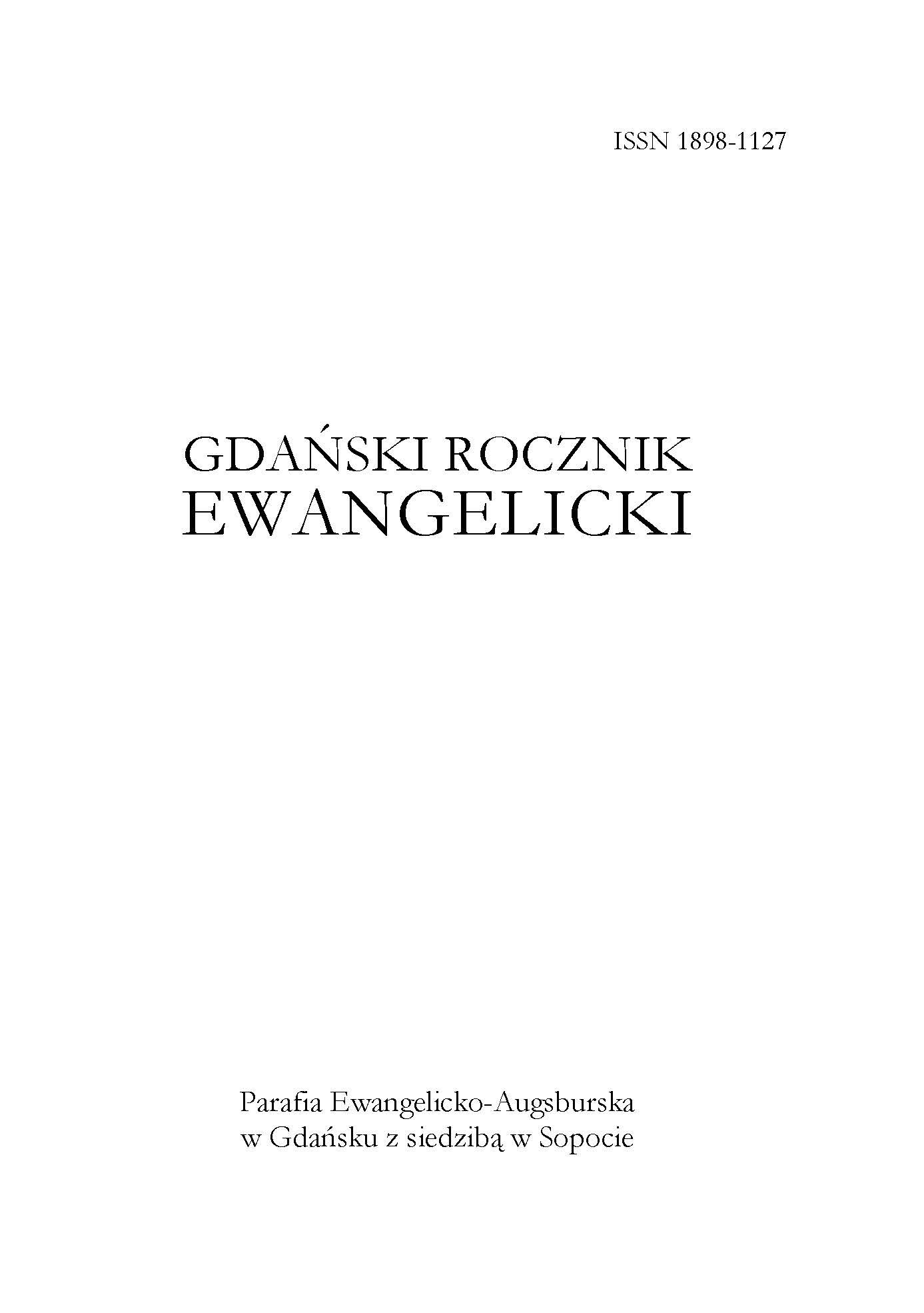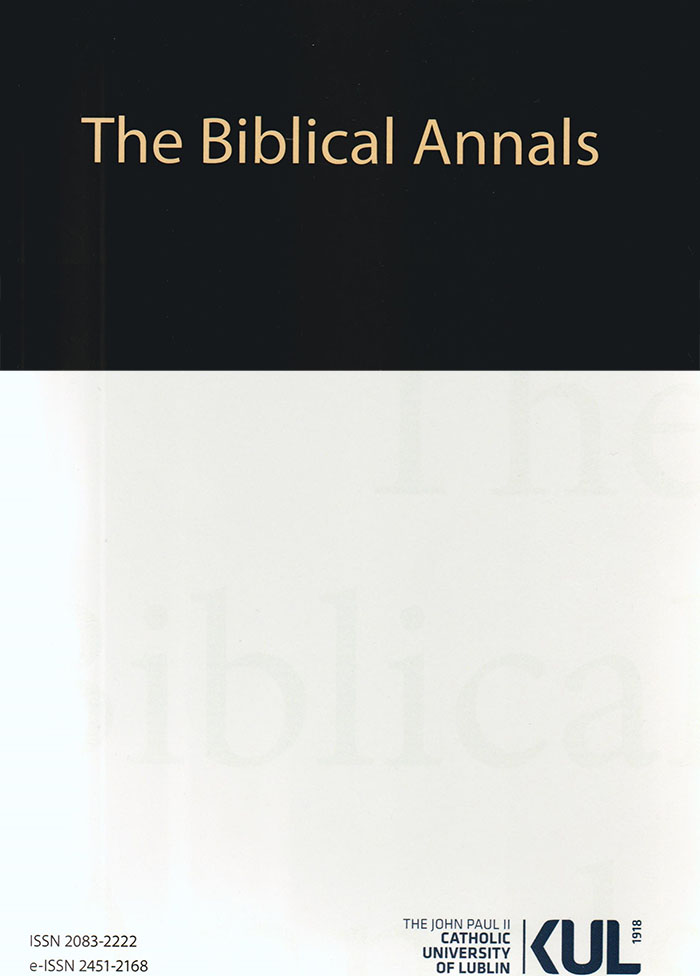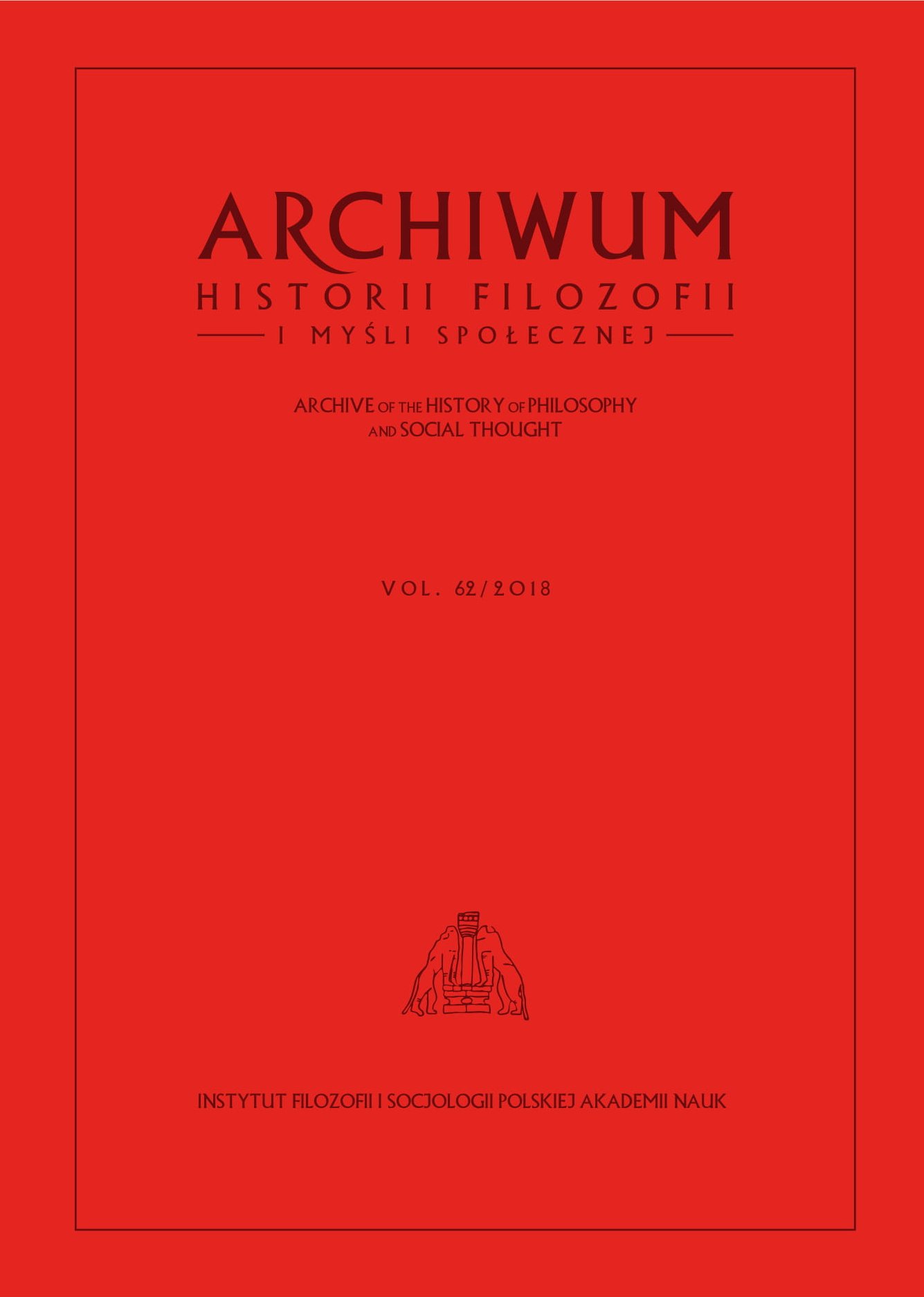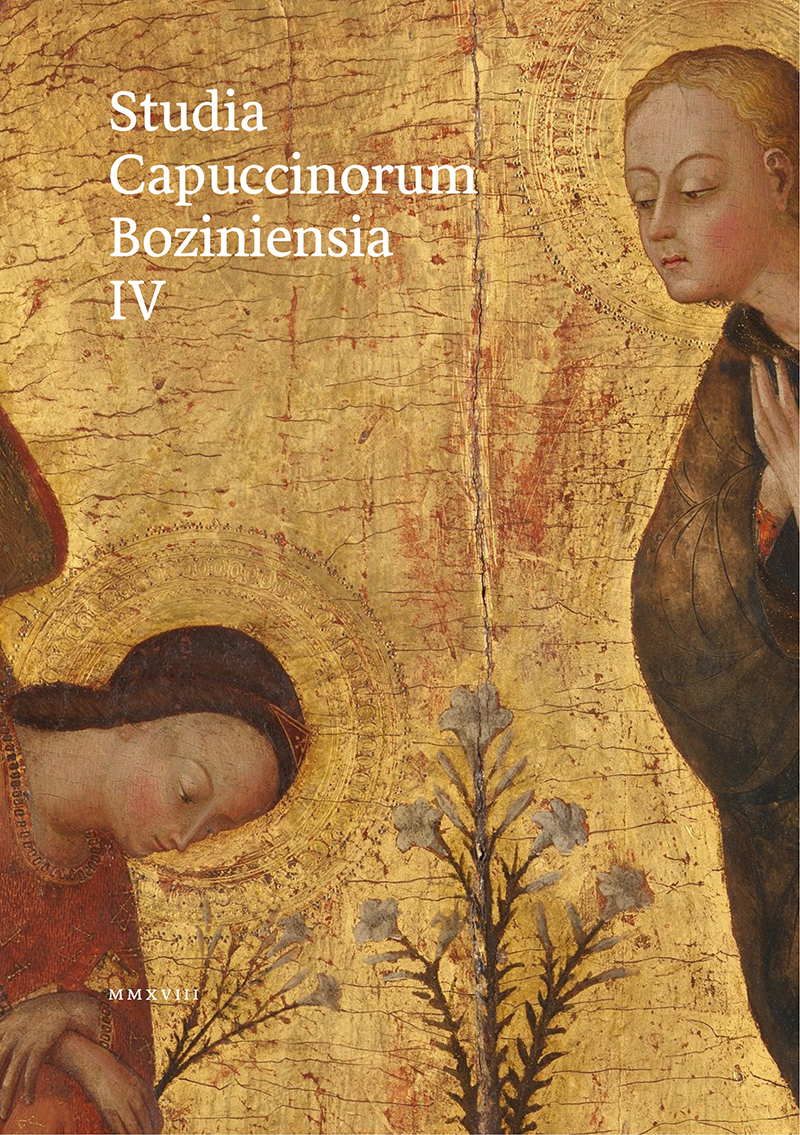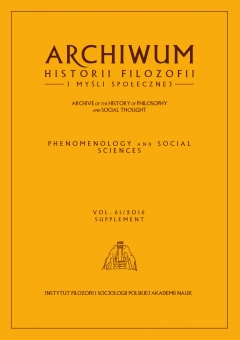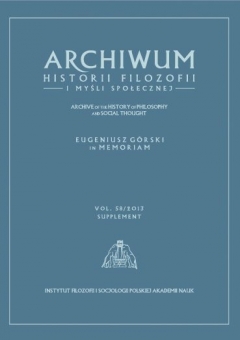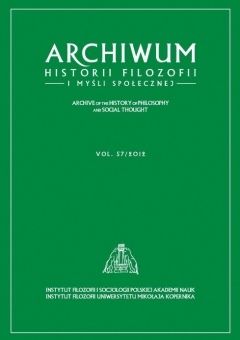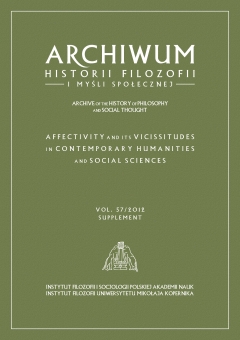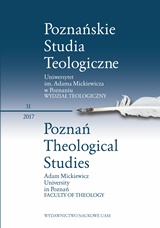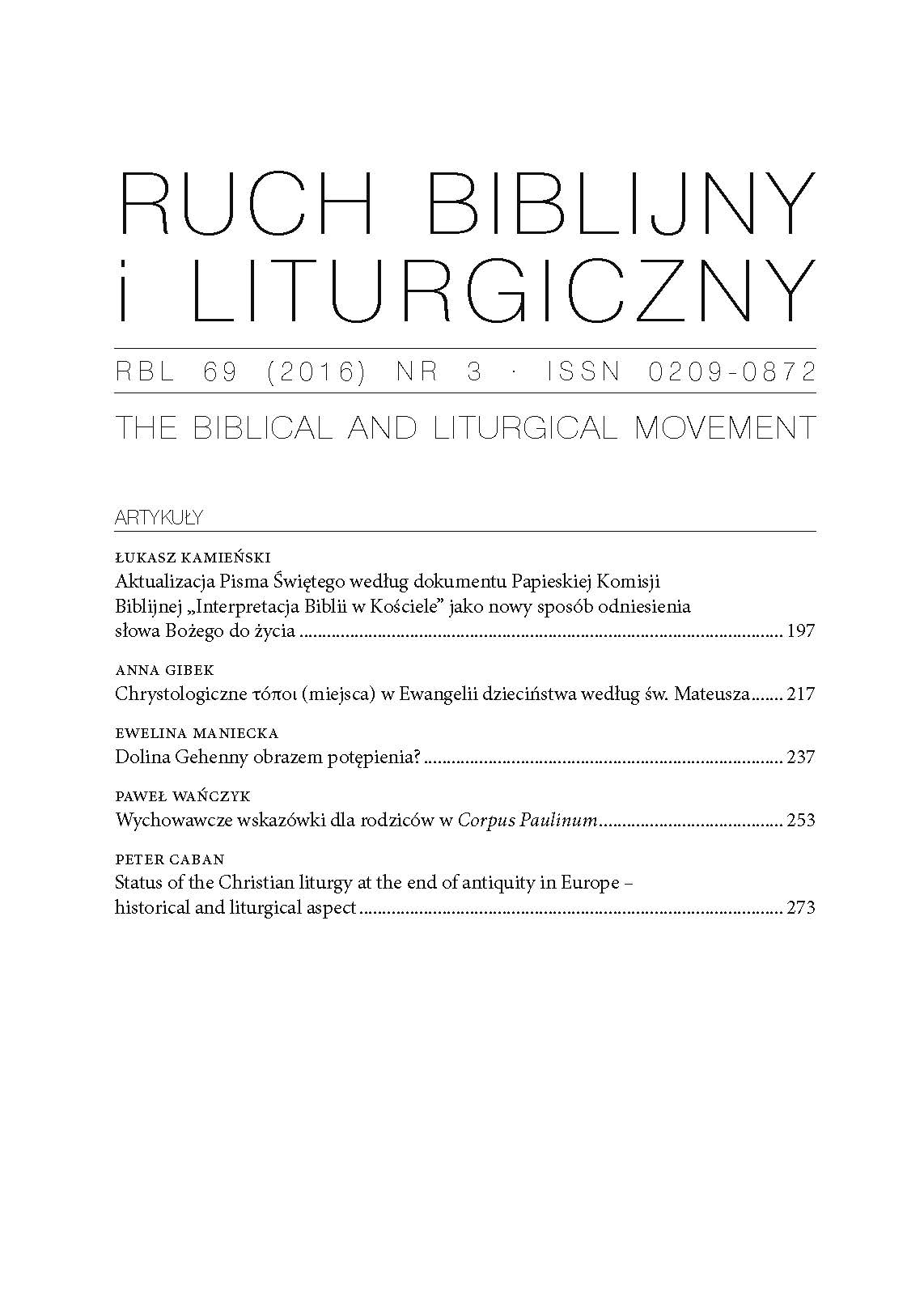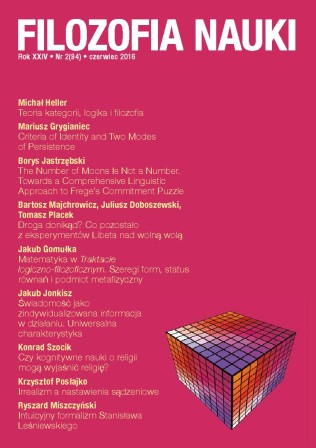
Czy kognitywne nauki o religii mogą wyjaśnić religię?
Cognitive Science of Religion (CSR) explains the origin, transmission, and nature of religious beliefs by means of cognitive mechanisms. It seems that this approach avoids some important contexts of religious beliefs and does not explain the role that these beliefs may play. This paper underlines potential explanatory weak points of CSR and suggests to extend this approach so that it includes questions of consciousness, as well as psychological and social usefulness of religious beliefs.
More...
